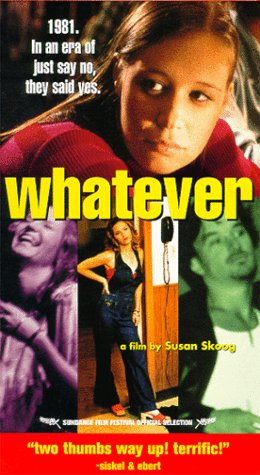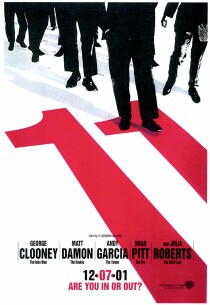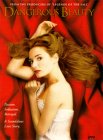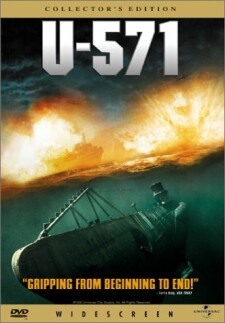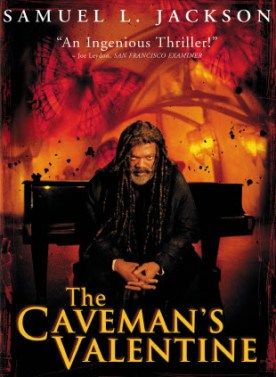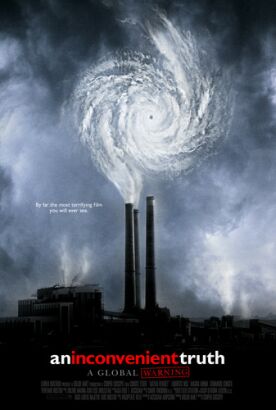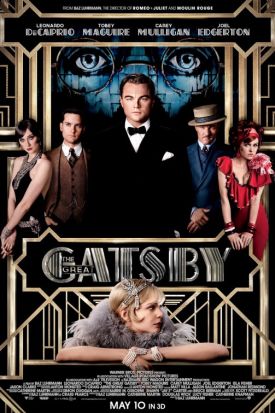Whatever
Whatever by Susan Skoog stars Liza Weil as Anna Stockard and Chad Morgan as her slutty friend Brenda, two high school girls in 1981 who do the standard “survivors” turn on behalf of the I-am-womanism of Ms Skoog. It follows the by-now familiar path of mythologizing and romanticising the sufferings of women, particularly young, post-pubertal girls and single mothers, in ways that tend to look just self-indulgent and self-pitying to insensitive males like me. Anna is idle and lazy and dishonest and a thief; she sneers at authority, disrespects her mother, and indulges in excesses of alcohol, tobacco and any drugs she can get her hands on; she engages in uncommitted sex and runs away from home with a couple of ex-convicts. And then, when by some miracle she comes home unscathed from it all, we are meant to admire her as a “survivor” of the evil times of Ronald Reagan’s America.
Well, with the worst will in the world to Reagan and Amerika, are we not to suppose that she had something to do with her own unhappiness? If this scenario seems just the tiniest bit far-fetched to you, it is bolstered by yet another familiar trope from the feminist collection, as Brenda is raped and beaten up by her step-father. It is not clear whether this (or the fear of it) is meant to account for her promiscuity, but we do know that Brenda does not enjoy sex (thank goodness for that!) and only drinks so much so that she can blot out the experience.
Indeed, all the sex in this movie is so depressing it may put you off the stuff for life. Not only are there Brenda’s rape and drunken mindlessness, not only Anna’s unlovely deflowering by her pig of a boyfriend and her frightened and nauseating experience of oral sex with a casual pickup, but there is also what you would have to call the quasi-prostitution of Anna’s single mom (Kathryn Rosseter), who says to her of her affair with her fat, repulsive boss, Howard, that “this is your chance for a college education.” As mom says to disappointed daughter of life in general: “Don’t expect so much; it’s a little easier that way.”
Is this a feminist view of the subject — or a feminine one? The temptation to believe the latter is offset to some extent by that hallmark of the feminist flick, the joke that only liberals, progressives and feminists seem to get. It’s a harridan thing, you wouldn’t understand it. Thus Anna’s mother says to her friend about Anna, who looks better than usual one evening, “I wish she would make more of an effort to dress better; it’s so important to look good.” This provoked hoots of mirth from the audience when I saw the film. Likewise, Anna tells fat Howard she’s not going to college because she wants to be a nun. “Why would a pretty girl like you want to become a nun?” asks Howard.
“Because I want to marry Jesus Christ,” she says soberly. Once again a number of right thinkers fell about laughing at this. And yet there was scarcely a titter when Anna’s hippie friend was heard to urge her to “create your own reality. . .you have the ability to tune out or accept the message.”
I suppose we should be glad that, in the final frames, Anna decides with the help of her mother (lately dumped by Howard) and a sympathetic art teacher (Frederic Forrest) to return to school and make another try at getting into college, but it is apparently heresy to suggest that she might have got to the same place with a lot less trouble if she’d been just a little more like the kind of person her creator has set out to ridicule.
Discover more from James Bowman
Subscribe to get the latest posts to your email.

